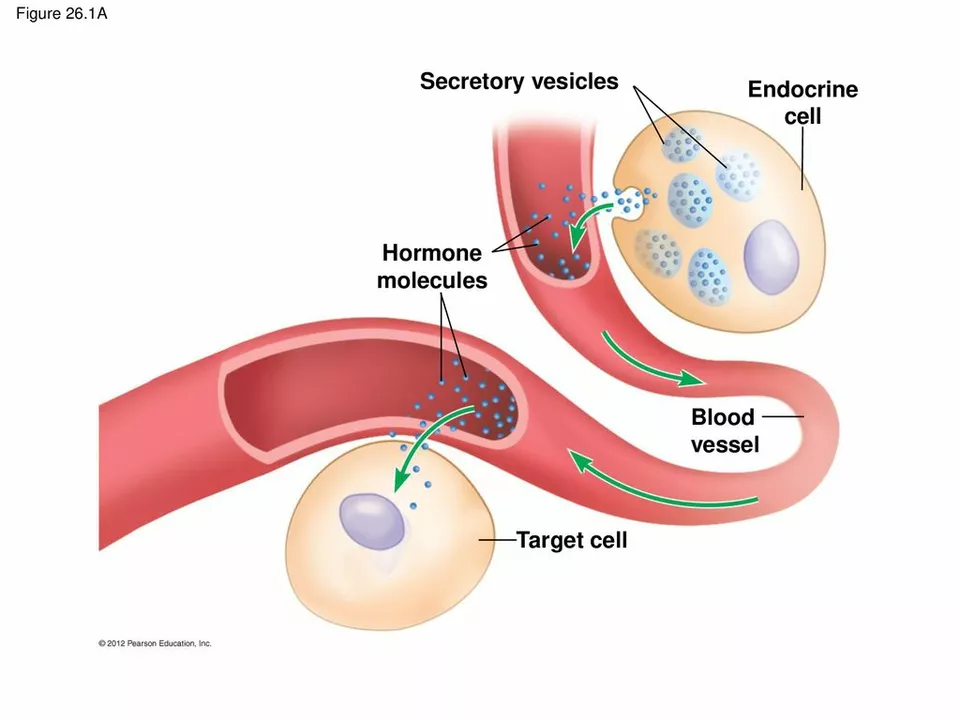Prostate Health Tips – Simple Ways to Keep Your Prostate Healthy
If you’ve ever heard the word “prostate” and wondered what it really does, you’re not alone. It’s a small gland that sits under the bladder and helps make semen. Keeping it happy means fewer bathroom trips at night and lower risk of problems later on.
Everyday Habits That Help Your Prostate
First off, what you eat matters more than you think. Foods rich in lycopene – like tomatoes, watermelon and pink grapefruit – have been linked to healthier prostate cells. Try adding a fresh salsa or a tomato‑based sauce to your meals a few times a week.
Second, stay active. Walking, biking or a quick jog for 30 minutes most days can improve blood flow to the pelvic area. Better circulation means the gland gets the oxygen and nutrients it needs.
Avoiding too much caffeine and alcohol also helps. Those drinks can irritate the bladder and make you feel like you need to go more often, which puts extra pressure on the prostate. Swap a coffee for green tea or herbal brew if you notice frequent urges.
Weight matters, too. Extra belly fat can raise hormone levels that may encourage prostate growth. Even dropping 5‑10 % of body weight can lower those risks. Small changes – like swapping sugary drinks for water – add up fast.
When to Talk to a Doctor
Most men start noticing small changes in their thirties or forties, but you don’t have to wait until symptoms appear. A simple PSA (prostate‑specific antigen) blood test and a digital rectal exam can catch issues early. If you’re over 50, aim for an annual check‑up; if you have a family history of prostate problems, start at 40.
Pay attention to warning signs: trouble starting urine flow, a weak stream, or needing to pee more often at night. Also watch for pain during urination or blood in the urine. These could signal an infection, enlargement, or something else that needs medical attention.
If you’ve tried lifestyle tweaks and still feel off, bring up supplements with your doctor. Some men find zinc, selenium or saw‑dust extracts helpful, but research isn’t conclusive. Your doctor can guide safe dosages and avoid interactions with other meds.
Lastly, don’t ignore mental stress. Stress hormones can affect hormone balance, which in turn influences prostate health. Simple relaxation tricks – deep breathing, short walks, or a hobby you enjoy – keep the whole system calmer.
Bottom line: eating bright red foods, moving regularly, keeping weight in check and getting routine screenings are the three pillars of a healthy prostate. Add a bit of hydration awareness and stress management, and you’ve got a solid plan that’s easy to stick with.
The Relationship between Secondary Hypogonadism and Prostate Health
As a blogger, I've recently been researching the relationship between secondary hypogonadism and prostate health. Secondary hypogonadism is a condition characterized by lower testosterone levels, which can be caused by various factors such as aging or obesity. Through my research, I've discovered that this condition may have a significant impact on prostate health due to the role of testosterone in regulating prostate growth. Some studies suggest that low testosterone levels may actually reduce the risk of prostate cancer, while others propose that it can contribute to a higher risk of benign prostatic hyperplasia (BPH). Overall, the relationship between secondary hypogonadism and prostate health remains complex and further research is needed to fully understand it.
More
